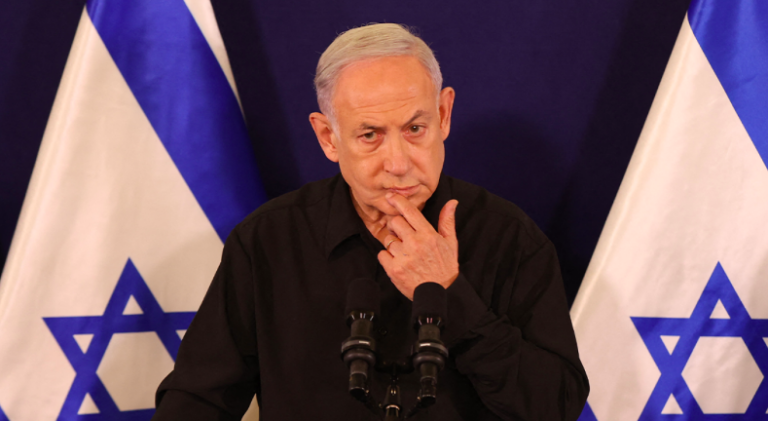The prosecutor’s requests for the International Criminal Court to issue warrants for Israeli Prime Minister Benjamin Netanyahu, but against the leadership of Hamas, over the war in the Gaza Strip were not exactly lightning strikes.
The preparation was long on the part of the ICC to substantiate the charge against Israel, but it is now revealed that Israel’s underground war against the Court was just as long.
The Guardian’s investigation, in collaboration with the Israeli magazines +972 and Local Call, shows that for at least nine years Israel’s secret services have been closely monitoring the communications of specific ICC actors, as well as Palestinian activists, and appear to have information about their next moves. At the same time, they exert pressure on these members in every way, while they do not rule out direct contact and behind-the-scenes talks with the ICC, talks in which they also exert pressure.
Under Netanyahu’s close supervision, Israel’s intelligence services, including Mossad, Amman’s army intelligence, Shin Bet, and Military Unit 8200, gathered extensive material. Netanyahu, along with the Foreign and Justice Ministries and Israel’s ICC delegation, were major consumers. A significant covert operation overseen by Yossi Cohen, Netanyahu’s ally and former Mossad director, involved enlisting Joseph Kabila, then president of the Democratic Republic of Congo, to influence ICC prosecutor Fatou Bensouda.
Israel’s campaign began in early 2015 when the Palestinian Authority became a UN member state and sought ICC jurisdiction. This was seen as a red line by Israel, prompting efforts to hinder ICC actions, including intercepting Bensouda’s communications. Since its establishment in 2002, the ICC has been the last resort for prosecuting individuals involved in wartime atrocities. Netanyahu’s interest in thwarting ICC actions has been consistent and intense.
Many of these actions, known to the ICC officials, persisted despite pressure from third parties, such as the US, and accelerated after Hamas’ incursion in October 2023. The ICC prosecutor, Karim Khan, told The Guardian that the Court was aware of Israel’s actions and took measures to limit them. Khan emphasized that such hindrances constitute a criminal offense and that the ICC’s data is secure. Netanyahu’s office dismisses the allegations as false, while the Israeli Defense Forces claim they do not monitor the ICC.
Ask me anything
Explore related questions





